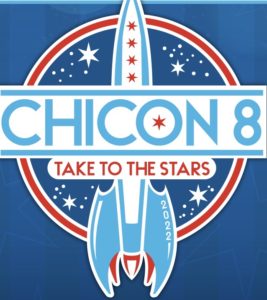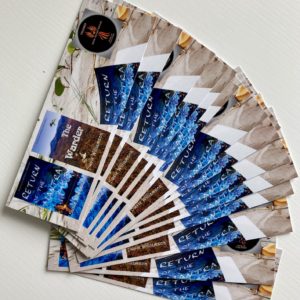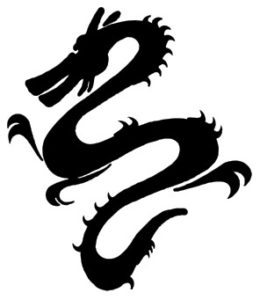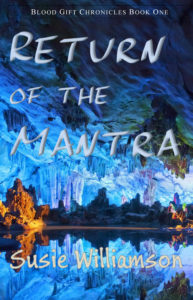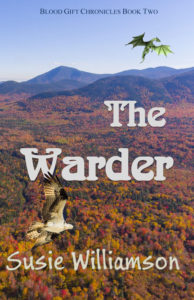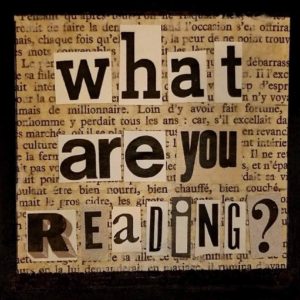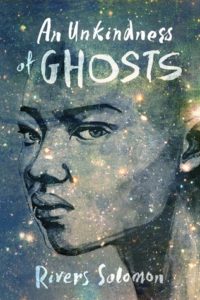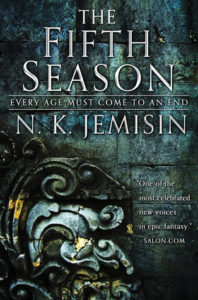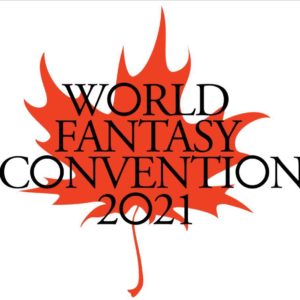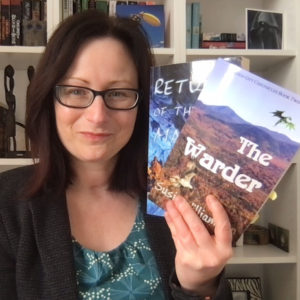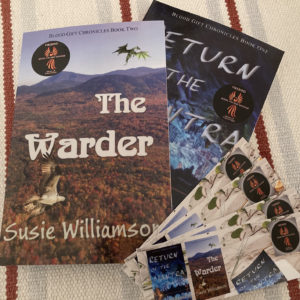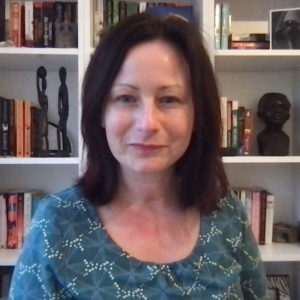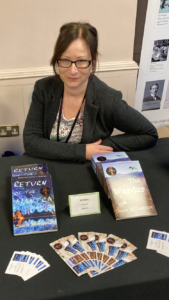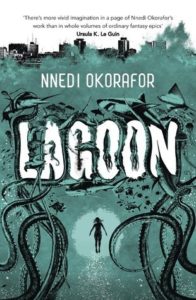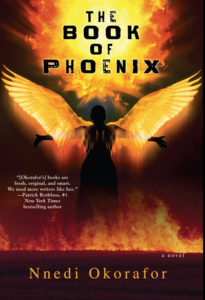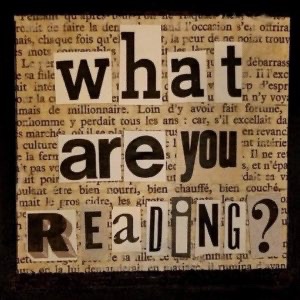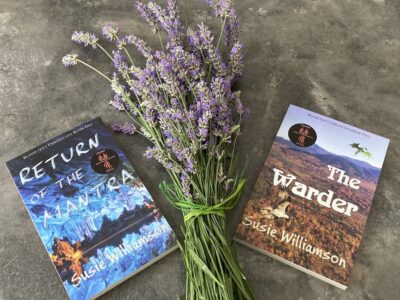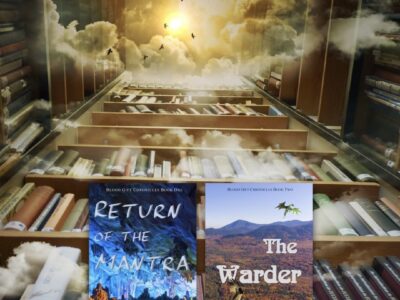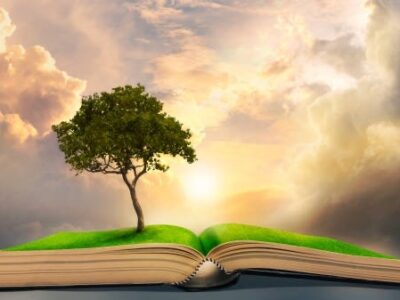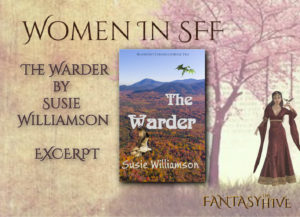
Over at The Fantasy Hive, July has been the month to celebrate women in sci-fi/fantasy. I was delighted to get a slot for my book, The Warder, in which I shared an excerpt of Chapter One. One of the things I enjoyed about writing this book was the different age ranges of the three protagonists: 30(ish)-yr-old Suni, 18-yr-old Wanda, and 10-yr-old Luna; each with their own unique flaws, personality and agency. The excerpt is Chapter One, and Luna makes an unusual entrance…
Click here for my post on The Fantasy Hive.
Click here for last year’s interview with The Fantasy Hive.
The Fantasy Hive have also run this month-long event on Twitter, with a different prompt each day for readers to share favourite titles. I’ve enjoyed joining in, championing books that have stood out to me. I confess I missed the odd day, but read on for highlights of my selections. Some have already featured on my For the Love of Books posts, in which I give a more in-depth review; some are still to come. But for now, here’s an overview of my selection of great titles for #WomenInSFF month.
Starting big, with Lifetime Achievement Award for most influential SFF writer. I have a special place for Ursula Le Guin, her worlds and characters that continue to inspire, and her sheer range of titles that lead me to see her as a pioneer for women in the genre.

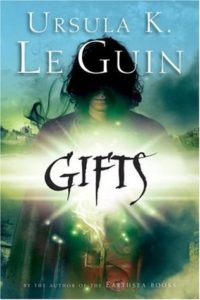
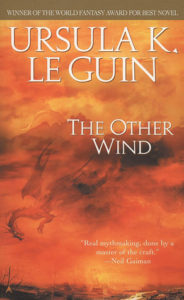
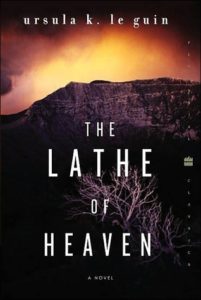
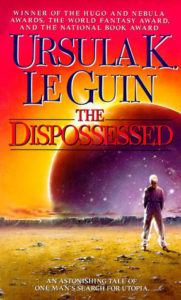
All-time favourite fantasy character? Hands down it’s Onye in the magical, realistic, dystopian fantasy, Who Fears Death. I adored her grit, her fight, her flaws, her love and loyalty, and her magic. She’s a character I would love to meet in real life. Onyesonwu, meaning Who Fears Death.

All-time favourite sci-fi character? Phoenix in The book of Phoenix. She is a genetic experiment, a Specimen in Tower 7, Manhattan. After discovering everything she has ever known is a lie, she goes to battle for justice and transformation. It’s a journey that spans America, Africa and beyond, literally to the stars. An awesome read.
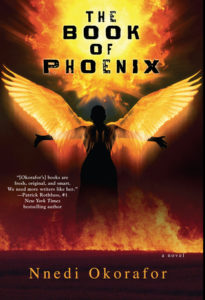
Sisters are doing it for themselves – favourite self-reliant protagonists? Tenar from Tombs of Atuan, priestess to the earth’s nameless ones, is the epitome of self-reliant. For so long she had no one, and still she made it out. One of my all-time favourite stories, so haunting and memorable.
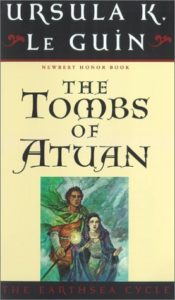
Witches, sorceresses, magicians – favourite magic users? I adore Sybel in The Forgotten Beasts of Eld, the sorceress, at home on a remote island in the company of a wise boar, a black swan, a black cat and a dragon.
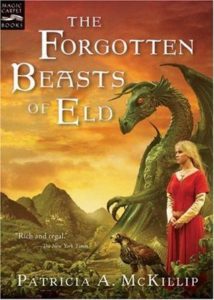
Most Intelligent – favourite scholarly or academic characters? Lauren in Parable of the Sower. When society collapses, she develops the philosophy ‘Earthseed’ and leads by embracing change. If we consider intelligence as linked to flexibility and adaptability, this character has it in bucket loads.
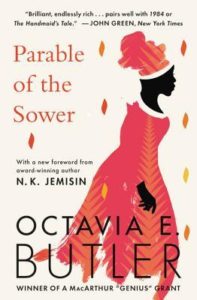
Someone to look up to – favourite older character? Rabbit, in The Empress of Salt and Fortune. She is an elderly woman, a storyteller, and former handmaiden to In-Yo, Empress of the North. ‘Do you understand?’ she says at frequent intervals, as she tells her magical tale to the cleric, Chih. ‘Angry mothers raise daughters fierce enough to fight wolves.’
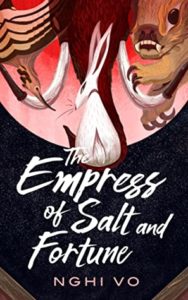
Beauty Queens – judging books by their gorgeous covers. Straight in with the sequel, When the Tiger Came Down the Mountain. Beautiful art to complement a colourful and lush story.
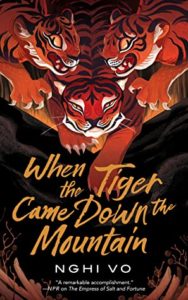
More Pride Less Prejudice – celebrating LGBTQA+ authors and stories. While mentioning the sapphic storyline in my own, Return of the Mantra, my vote went to Fire Logic: epic war fantasy fought in the farmsteads by characters that tick boxes for equality in the broadest sense.
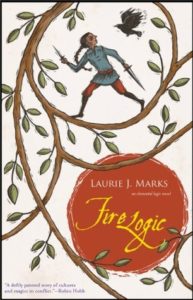
In the name of love – favourite couples, favourite romance? Mehr and Amun in Empire of Sand. The whole story felt like reading an evocative dance, heightened by the unfolding of this relationship which encompasses respect, tenderness, friendship and sacrifice.
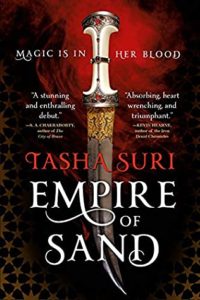
Favourite female friendships? Thinking Zelie and Amari in Children of Blood and Bone (such a great read!). Throughout all the ups and downs there is real feeling between them, which gives a great example of friendship beyond boundaries.
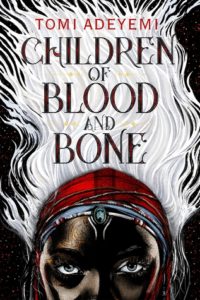
Most dynamic character, having gone through the biggest changes? Celka in Weave the Lightning stands out to me. Against a Russian inspired backdrop she is a tightrope artist in a travelling circus, storm-blessed, working to help the resistance. She must come to understand the depth of her magic, while her identity is challenged by the arrival of Gerrit, who threatens to expose everything she is fighting to protect.
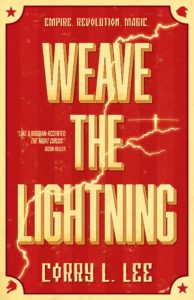
Most travelled – who gets the biggest adventure? Toni, in Threading the Labyrinth. She’s an American owner of a failing gallery, forced to leave the New Mexico desert behind when she is unexpectedly called to Hertfordshire, after inheriting an old manor house. Filled with haunting and peculiar magic, the gardens of the house change in the twilight, and Toni encounters lives carried across centuries.
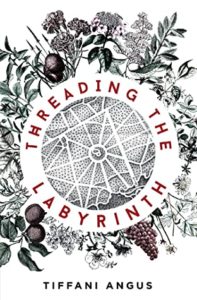
The Royal – favourite women in positions of power? Sinai in Daughters of Nri, especially since she’s not always comfortable with her power. I loved her reserved nature and stealth, and the complex relationships with supporting characters, in particular with the Namibian cook, Meekulu.
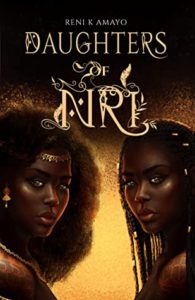
Starship Trooper – favourite sci-fi character? Aster, in An Unkindness of Ghosts. Set on a generation spaceship organised like the antebellum south, transporting the last of humanity to a supposed promise land, Aster gives us all a lesson on being industrious, working with what you’ve got, never giving up, and appreciating that there’s always choices to be found. Such an inspiring and memorable character.
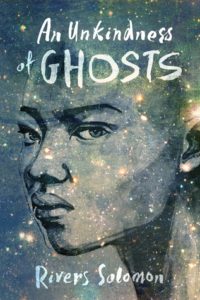
Historic Retellings – Alternative histories? A random find in my local library, and glad to have discovered this trilogy. Morgan offers a new angle to the well-loved Arthurian legends.
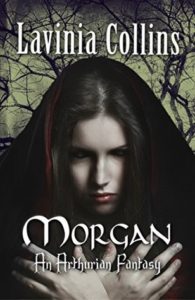
Debut newbies. My current read, The Third Magpie, a 2020 debut. A page-turning dystopian romance, chilling and gripping, challenging gender norms, while looking at the consequences of ‘othering’ in an insular world.
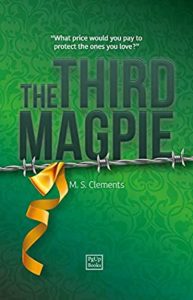
Independent Women – favourite self-published author? Kit Mallory, with this great dystopian read, Blackout. The UK has been split in two by the Wall. Skyler’s survival as an illegal Northern refugee in the South has been a relentless knife-edge balance between evading the corrupt Board and maintaining her reputation as the South’s best hacker. Until she gets the chance to enact revenge on the regime that destroyed her home and family…
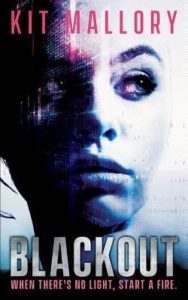
Antihero – favourite morally grey characters? Assuming we can class vampires as morally grey – Shori in this vampire thriller, Fledging; a fifty-three-year-old vampire attempting to discover the reason for her amnesia. Who slaughtered her entire family and left her for dead? As we might expect from this great author, vampire society is complex and richly described, exploring power dynamics and imbalances analogous to contemporary issues.
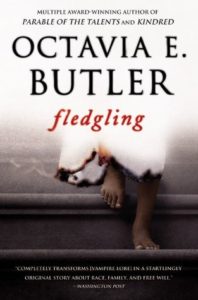
Femme Fatales – favourite villain? I don’t know if I can call her a favourite anything, but Aunt Lydia in The Handmaids Tale is up there with most stomach-churning, ghastly and complex villains.
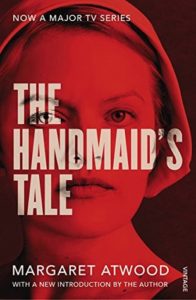
And last but by no means least, Queen of Fantasy, and, Queen of Sci-fi, one author gets my vote for both – Nnedi Okorafor.

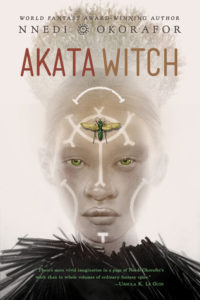
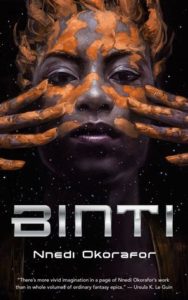
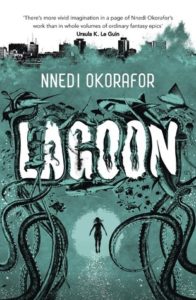
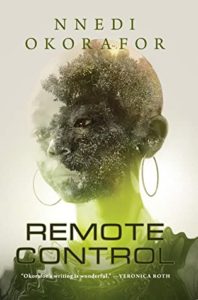
What are you reading?
